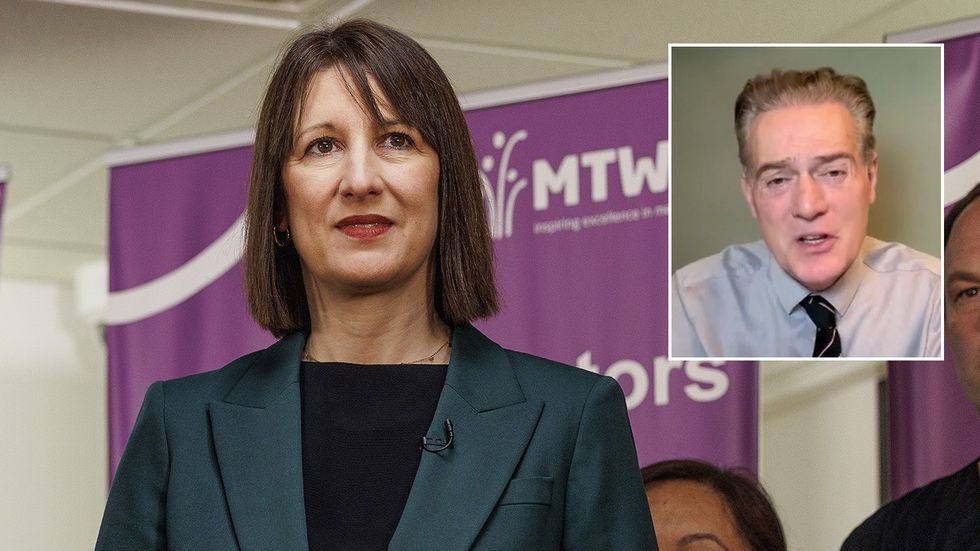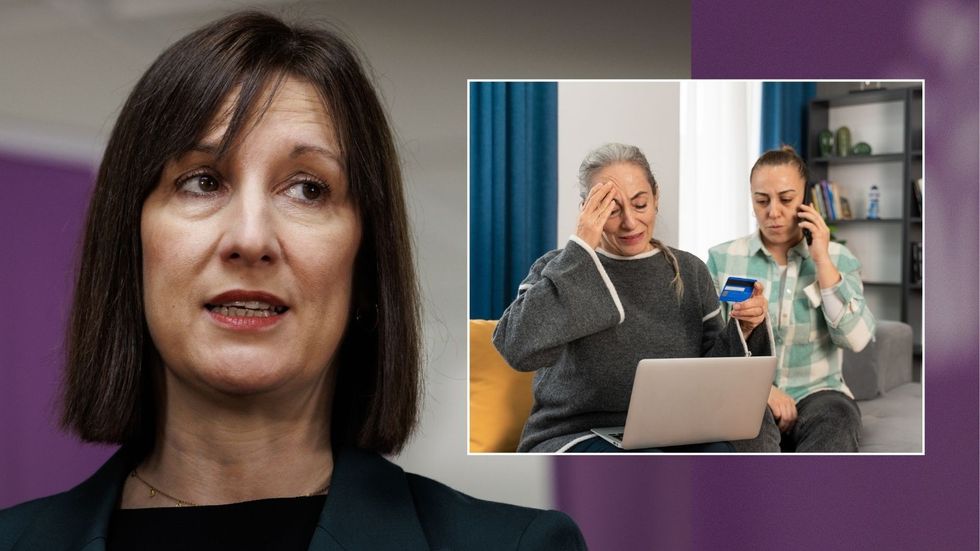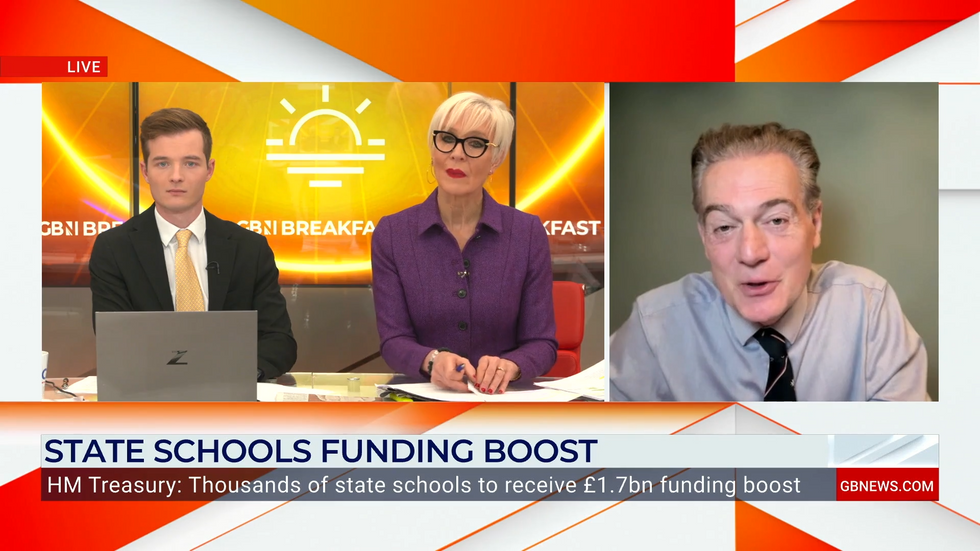Rachel Reeves scolded over state school funding boost amid Labour tax hikes: ‘Politics of spite!’
Former Middlesbrough Mayor Andy Preston has launched a scathing attack on Labour’s private school tax policy, claiming it was driven by “malice, spite and the desire to satisfy anger in the left wing of the Labour Party.”
Speaking to GB News, Preston condemned the upcoming tax changes spearheaded by Chancellor Rachel Reeves.
He argued the policy was “never about generating money to do good work and improve people’s lives”.
Instead, Preston claimed it was about “penalising a section of society that the left wing of the Labour Party is hell bent on destroying and ruining”.

From January 1, private schools will lose their tax exemption status and face a 20 percent value added tax on tuition fees.
The measure was announced by Labour in its October budget and forms part of wider educational reforms.
Preston warned that the changes represent “the biggest single transfer of money from the private sector to the public sector.”
He claimed Labour is using these funds to “fund public sector wage rises and create new government departments.”

The former mayor predicted the policy could backfire financially, stating: “At very best, this tax will make no money. It might actually lose money.”
He suggested many students would leave private schools for the state sector as a result of the changes.
Preston highlighted that the “biggest single cheer” during Reeves’s October Budget speech came when she announced the private school tax.
“The loudest cheer out of hundreds of things announced at the Budget speech on the 30th of October was for the tax on private schools,” he told GB News.
He insisted this reaction proved the policy was driven by “the politics of envy, the politics of spite.”

According to Preston, the enthusiastic response wasn’t because of potential revenue generation, but because “it hobbled Labour’s arch enemy, those who do well.”
However, the Government maintains the policy will generate significant funding for state education.
Labour projects the measure will raise £1.5billion for the 2025/2026 school year, increasing to £1.7billion annually by 2029/2030.
Education Secretary Bridget Phillipson defended the reform, stating: “High and rising standards cannot just be for families who can afford them.”

